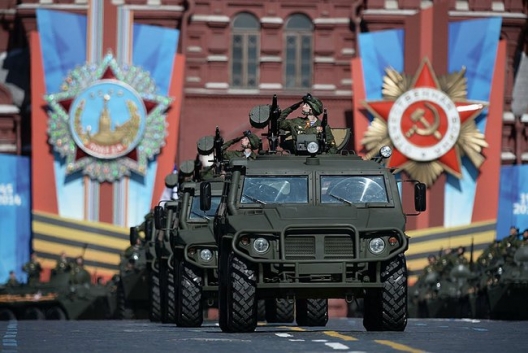 Is the confrontation a Ukraine problem or a Russia problem? Is it a blip, which can be treated like a speed bump before returning to the straight, rich road of commerce, or is it something fundamental, not so much a challenge to the postwar order as a break with it, blowing a hole in that road?
Is the confrontation a Ukraine problem or a Russia problem? Is it a blip, which can be treated like a speed bump before returning to the straight, rich road of commerce, or is it something fundamental, not so much a challenge to the postwar order as a break with it, blowing a hole in that road?
For old Europeans like Britain, France and Germany, the Russian threat is far away. And there is business to be done, from energy and arms deals (the Mistral, anyone?) to oligarchic wealth management.
But for new Europeans, the threat feels existential, and they want reassurance from both NATO and their reluctant European Union partners. . . .
President Toomas Hendrik Ilves of Estonia speaks for many when he says that Mr. Putin has broken the postwar order put in place with the 1975 Helsinki Accords and the end of the Cold War. The West, and NATO, this view goes, must create something new.
Others fear that something new is really something old: the restoration of the Cold War. It’s too soon for that conclusion, they argue, and it would inflict too much pain on a Europe already suffering stagnant growth.
NATO needs to find consensus on how to interpret Russia and what that means for military deployments.
Image: Victory Day parade in Moscow, May 9, 2014 (photo: Office of the President of Russia)
